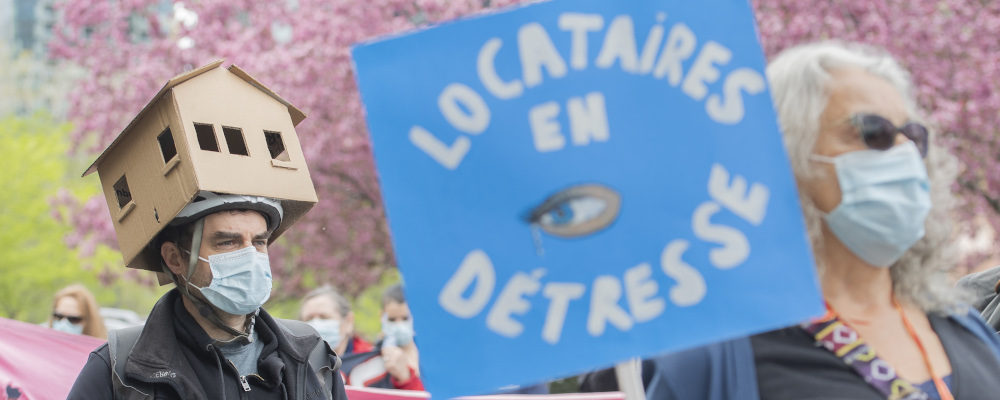During the pandemic, housing prices soared (or continued to soar) in many places across Canada including parts of British Columbia and Ontario, making it even harder for many families to buy a home.
Of course, housing affordability gets a lot of lip service from politicians. According to the 2021 federal budget, Ottawa plans to spend billions on “affordable” housing over the next several years. While this might suggest some sort of commitment to housing affordability, it really doesn’t. A few thousand subsidized units in a country of more than 38 million people won’t move the needle on affordability.
MORE SIGNAL. LESS NOISE. THE HUB NEWSLETTER.
In reality, Canada’s housing problems stem largely from the unwillingness of municipal governments to allow enough housing to be built quickly enough to accommodate growth. Throwing money at housing, without cutting the red tape strangling housing construction, won’t solve the problem.
Housing markets — like all markets — are set by supply and demand. And demand for housing in Canada is extremely strong, particularly in Vancouver and Toronto that have long suffered from a lack of affordability.
Why? Because Canada is an attractive place to live, and Vancouver and Toronto in particular attract people from around the country and the world. And because interest rates are low, which increases the purchasing power of Canadians and drives up the price of housing.
Cutting cheques is not the solution to Canada’s housing affordability challenges.
So what’s the solution?
While some want to crack down on speculation or foreign buyers, we simply must build more housing if we’re serious about increasing affordability. A recent Scotiabank report showed that Canada has less housing units per capita than any other G7 country, and Toronto and Vancouver lag behind the national average.
Why?
For starters, most of the land in Vancouver and Toronto is either zoned for single-detached housing or remains off-limits to development thanks to the Agricultural Land Reserve in British Columbia and Ontario’s Greenbelt. So building upwards and outwards is heavily restricted. Even where development is permitted, burdensome municipal land-use regulations and glacial development approval processes prevent supply from keeping up with demand. In short, we don’t make it easy to build housing in Canada’s hottest real estate markets.
Some might argue that this inability to build housing means that government should step in and finance housing construction (like the Trudeau government and the Horgan government in B.C. plan to do).
Putting aside the fact that government-imposed barriers cause these problems to begin with, neither the Trudeau plan nor the Horgan plan will actually provide enough housing to move the needle on affordability.
Consider this. Among G7 countries, there’s an average of 471 housing units per 1,000 residents. As noted in the Scotiabank report, for Canada to achieve this average, we’d need 1.8 million more homes.
The latest federal budget contains three separate commitments for new housing units (totalling 20,600) and the B.C. budget pledges funding for 9,000 new homes. This combined total comprises less than two per cent of the 1.8 million units needed to get to the G7 average. Clearly, governments should remove barriers to housing construction rather than trying to compensate for government-created shortages.
Simply put, cutting cheques is not the solution to Canada’s housing affordability challenges. Until governments in Canada recognize the need to remove obstacles to housing construction, many Canadians will continue to be needlessly priced out of cities such as Vancouver and Toronto, and locked into a spiral of rising rents and unattainable homeownership.




